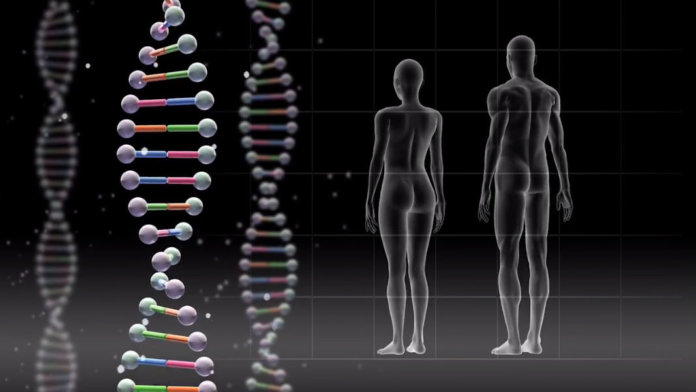Controversy surrounding a new proposal in the United Kingdom is proof that genetics is starting to shape the world. In 2009, the U.K. Border Agency (UKBA) unveiled a program that would genetically test East African asylum seekers in order to prove their true country of origin. The UKBA—responsible for securing the border and controlling migration in the UK—claims that falsifying nationality has been a particular problem for East Africans. But can genetics determine nationality, especially in a region of the world where populations are constantly on the move? As protest from scientists and refugee support groups mounts, it becomes clear that using DNA to track one’s country of origin may be more trouble than it’s worth.
The Human Provenance Pilot Project was designed to test forensic samples voluntarily given by asylum seekers who failed language analysis testing. Mitochondrial and Y chromosome DNA would be tested along with single-nucleotide polymorphisms (single-base variations along the DNA strand). In addition, subjects would have isotopes present in hair and fingernails tested—a method currently used for otherwise unidentifiable murder victims. The idea of the project is to validate the claims of nationality by Somalis, Kenyans and citizens of other war-ravaged countries who seek asylum in the U.K. Refugee status, security risk, health and family status are all taken into account when interviewing asylum seekers. But while genetics may answer questions of ancestry, using genetic testing to determine a person’s asylum status is problematic at best.
Regulating according to DNA may be ethically unsound, not to mention inaccurate when determining a person’s nationality. For starters, genes don’t relate to political borders. And there are strong doubts as to whether testing this particular group can even provide the slightest statistical reliability, mainly because of past and present population movements throughout the region. As scientists contend, people move. And although mitochondrial DNA can give some answers as to where a person has been in his or her life, the error-laden results can’t really determine anything at a local scale. Isotope specialists point out that there is nothing that says the isotope signatures present at birth or during childhood are the same as those found in adult samples, further complicating the issue of reliability. Growing tissues like hair and nails can supposedly only reveal the past year of someone’s life. Also, scientists aren’t yet sure whether notable differences in isotope signatures between neighboring countries exist, due to the fact that those countries share similar climate and environmental conditions.
Putting nationality and genetics in the same category for identification purposes—in effect, conflating a person’s nationality with their ancestry—raises ethical concerns. So many concerns, in fact, that the UKBA announced late last year that it would scale back the project following fierce protest from both science and migrant advocate communities. The signatures of nearly 200 esteemed scientists were collected on a petition that described the Human Provenance Pilot Project as ‘flawed’ and ‘naïve, and a number of activists came forward in the media. In response, the UKBA revised its stance on the issue; the agency’s new voluntary proof of concept project—running until June 2010—will merely determine the potential for the investigations to warrant a broader use of DNA testing and isotope analysis. Following efficacy and ethical issues reviews, the techniques undergo further review by the Home Office Forensic Science Regulator. This all needs to happen before the techniques can be considered for use in asylum investigations—a clear contradiction to the original plan, which directed Border Agency officials to use the test results in interviews with asylum seekers, and to make asylum decisions.
But we still haven’t addressed the “what-if” in this scenario. We may someday have the technology necessary to determine a person’s nationality by testing their DNA. What then? Will we use the information to track diseases, viruses or other population-specific scientific and medical phenomena? Will we use it for historical purposes? Whether this new information will be used constructively or become a new means to unjustly discriminate is the real question. Perhaps this is what immigrant advocates are most concerned about. Currently it seems to be more a question of privacy, but if/when we successfully adopt methods to track nationality with genes, the government keeping tabs on our DNA might be the least of our concerns.
Using DNA to track populations and ancestry isn’t new, but regulating according to DNA opens a Pandora’s box of potential. As the rate of technological progress grows exponentially, it’s more important than ever to balance our ability with morality.
Stock Media provided by bluebackimage / Pond5
[Source: The Guardian, Science, Genomics Network]



